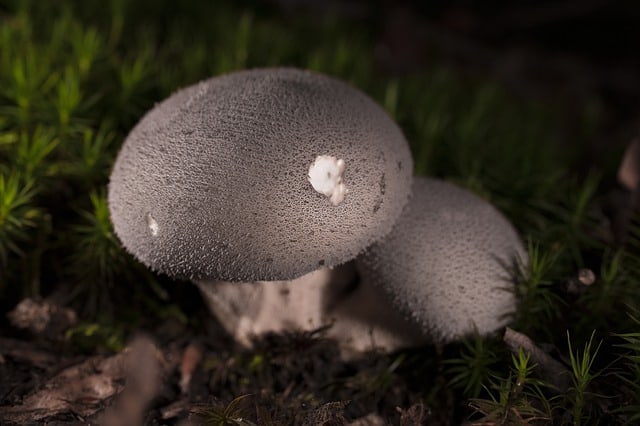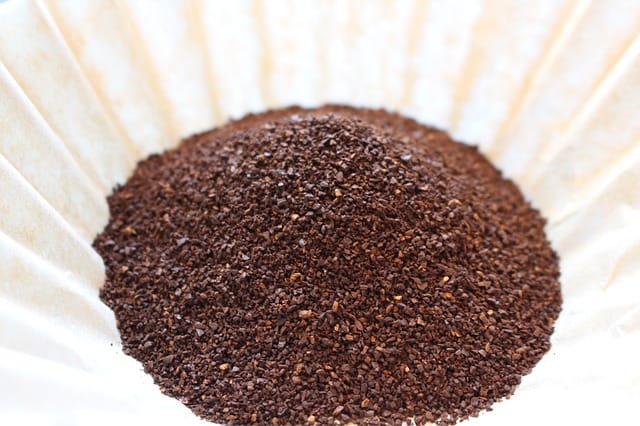Microgreens are simply vegetables harvested in the earliest stages of growth. They pack more of a nutritional punch than their vegetable counterparts, even though they come from the same seed. So yes, you can use regular sunflower seeds to grow sunflower microgreens.
There’s certainly more to know about growing sunflower seed microgreens, however! Read on to find out everything you need to know about if you ca use regular sunflower seeds for microgreens.
Can you use regular sunflower seeds for microgreens?
If you’re looking for a short answer, yes. Regular, garden variety sunflower seeds that would be used to grow sunflowers in your garden are perfectly fine for making sunflower microgreens. After all, a microgreen is just the same plant in the earliest stages of growth.
This, however, doesn’t mean that the process for growing the microgreen is quite the same as growing for a sunflower. It’s actually quite a bit different. We’ll go over how to grow sunflower microgreens later in the article, so scroll down if you’re interested!
What are the best kind of sunflower seeds for microgreens?
You might be asking yourself what the best kind of sunflower seeds are for growing microgreens. After all, the regular ones might be just fine, but are there any seeds that are particularly helpful when it comes to growing microgreens?
You’ll get the best results if you use black oil sunflower seeds to grow your microgreens. These will result in quick and well-grown microgreens with that nutty sunflower taste you’re looking for!
How do you make sunflower microgreens?
Making sunflower microgreens isn’t too difficult of a process.
First, get your seeds. Soak them in a large, covered container for 12 hours. After 12 hours, drain them, rinse them, and soak them again. Cover the container and leave covered for another 8 to 12 hours. Repeat this process until they begin to sprout.
Once they’ve begun to sprout, put them in a nursery tray with some nutrient-rich soil. Mist them lightly with water and then cover the top of your nursery tray with either another nursery tray, or some other item that will both block out the light and leave room for the sprouts to grow.
Check on your sunflower microgreens once or twice a day to mist lightly with water and observe how they are growing. Once they are about half an inch above the surface, you can move on to the next step.
Once they’ve grown a bit, you can take off the cover on top and expose them to light. Give them daily waterings and leave them in sunlight or artificial plant light. Once they reach about four inches, you can harvest. Cut them close to the soil and store them in an air-tight bag in the refrigerator.
Can you use birdseed for microgreens?
You can grow microgreens with the sunflower seeds (and other seeds) present in birdseed. However, you’ll need to be careful. Some birdseed is not considered safe for human consumption. If you’re planning on using birdseed because you have it lying around, check to make sure it’s safe for eating by humans. If you’re not sure or you haven’t bought the seeds yet, don’t go with birdseed.
Are all sunflower microgreens edible?
Yes, all sunflower microgreens are edible. However, some (such as those grown with birdseed) may not be very good for you. However, if the seeds are safe for human consumption, there are no sunflower microgreens that will be harmful to you. So, again, if you’re looking for a short answer, yes. All sunflower microgreens are edible.
Nutritional benefits of sunflower microgreens
There are a ton of nutritional benefits to eating sunflower microgreens. Like microgreens of all kinds, sunflower microgreens are extremely nutrient-dense. They are absolutely packed with vitamins and minerals such as vitamins A, B, D, and E, as well as being a fantastic source of protein and essential amino acids.
There’s a reason microgreens are considered a superfood! Adding these to salads and other dishes can round out the nutritional profile of many meals without adding negatives such as excess fat, carbs, and other unhealthy things.
Other great microgreens
There are a ton of other microgreens that provide different nutritional benefits than sunflower microgreens. If you like sunflower microgreens, you should try pea shoots, kale microgreens, broccoli microgreens, or arugula microgreens!
The world of microgreens is a wide one, and everybody has different favorites as far as their many unique nutritional benefits and flavors. Every microgreen is unique, so try some out and see which one has the flavor and nutritional profile that works best for you!
Are sunflower microgreens easy to grow?
With the relatively simple growing process outlined above, sunflower microgreens are considered one of the easier microgreens to grow. This makes them fantastic for those of us who are just entering the world of microgreens, and also great for experienced microgreen growers looking for something easy to add to their arsenal.
Do sunflower microgreens grow quickly?
Although they are simple to grow, sunflower microgreens aren’t among the fastest-growing microgreens. That being said, they aren’t particularly slow growers either. They are intermediate as far as growth rate is concerned, as they usually take one to two days of soaking followed by one to two weeks of growth to fully mature.
If you’re looking for some faster microgreens, try broccoli, radishes, or some lettuces! These are known to be some of the fastest-growing microgreens.
Can you use edible sunflower seeds to plant?
You can use edible sunflower seeds to plant microgreens. Although they are sold in fancy packaging, they are usually just regular shelled (or even unshelled) sunflower seeds. This means that, if the process is done correctly, they should yield similar results.
However, this isn’t the case with sunflower seeds that have been roasted, which is often the case with many sunflower seeds (especially flavored ones) that are sold for human consumption. If they are roasted, they will not grow into microgreens or sunflower plants at all.


